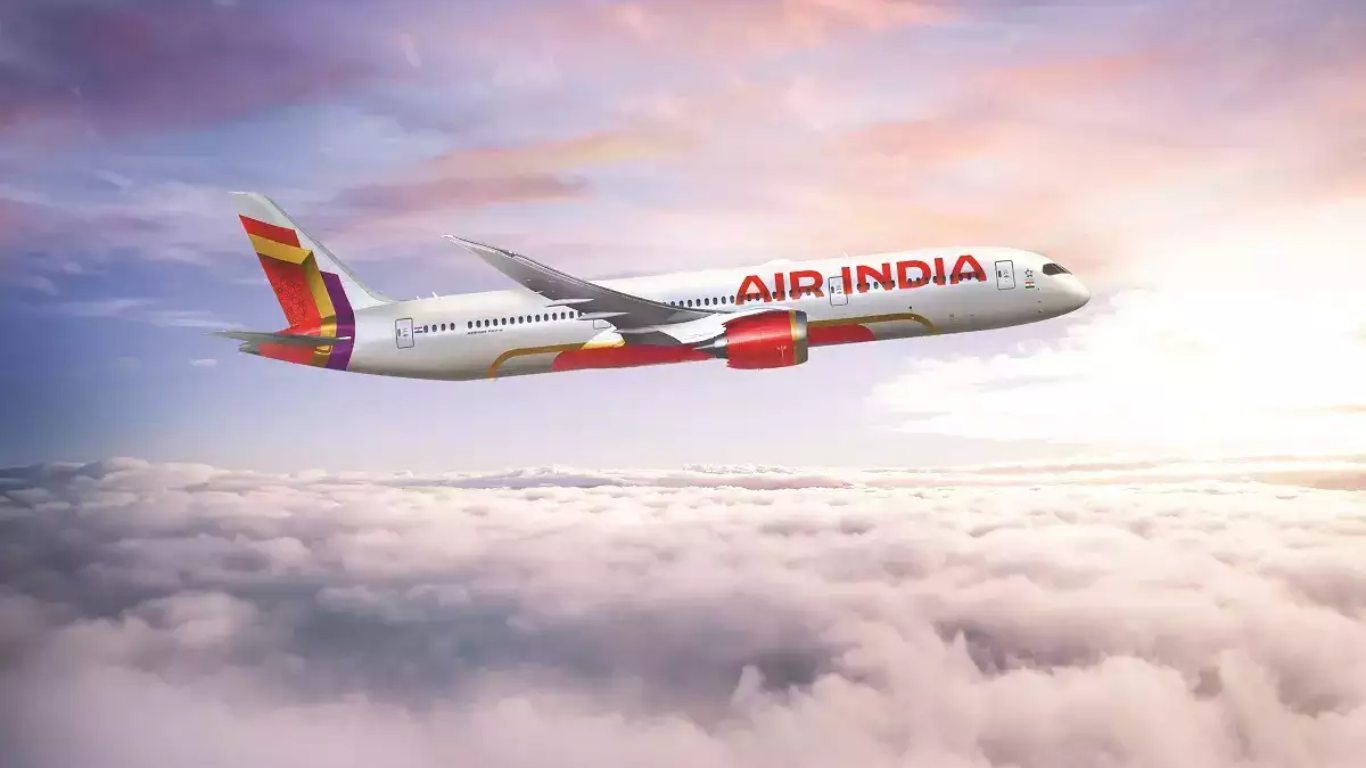Passengers on Air India’s San Francisco flights from Delhi and Mumbai have been experiencing significant delays. As the largest carrier on the India-US non-stop routes, Air India operates extensively in San Francisco, offering four flights weekly from Mumbai, three from Bengaluru, and eleven from Delhi. This amounts to 18 weekly departures, the highest among the five US destinations the airline serves non-stop. However, the San Francisco route has become notorious for delays, from diversions to Russia last year to frequent 15-20 hour delays, and downgrades from premium economy to economy class. Social media is awash with complaints about these delays.
Recent Delays
The most recent issue involves flight AI 183 from Delhi to San Francisco, which was scheduled to depart yesterday afternoon but is now expected to leave at 1500 hours today, according to Air India’s website. This delay follows an 18-hour delay on a Mumbai-San Francisco flight just days prior. Data from flight tracking website FlightRadar24 indicates that none of Air India’s San Francisco flights have been on time for the past week, with frequent delays and occasional cancellations.
Operational Challenges
Airlines aim to minimize delays, but ground services teams are often reluctant to deplane passengers unless there is a medical emergency, as this can cause further delays. For ultra-long-haul flights like those to San Francisco, there are typically two sets of crew due to Flight Duty Time Limitations for both cockpit and cabin crew. A delay of a few hours can necessitate a crew change.
Providing accommodation for passengers during delays is mandatory, but finding suitable accommodation at the last minute and arranging transfers for over 200 passengers can be challenging, requiring permissions from security and immigration.
Passenger Experience
Operational issues often lead to significant delays in identifying the cause and estimating repair times, creating a nightmare for passengers. Photos of passengers, including young children and the elderly, occupying the aerobridge area and sitting on the ground have raised questions about Air India’s handling of Irregular Operations (IRROPS). This has led to concerns about whether the airline and airport operations teams are equipped to make immediate decisions to manage passengers effectively.
Passenger Advice
There is little that passengers can do in such situations. Those with onward connections within the United States or India are advised to book their onward flights on the same PNR with Air India or partner airlines to ensure that the airline takes responsibility for any delays and rebooking. While delays are not ideal, missing a flight booked independently and losing money would be worse.
Air India’s Ownership and Operational Challenges
Air India transitioned from government ownership to the Tata group in 2022, inheriting poorly maintained cabins. The new ownership must establish a Standard Operating Procedure (SOP) to manage passenger care. The San Francisco route poses a particular challenge, as the airline uses its three owned B777-200LRs and former Delta B777-200LRs, which have limited ground time and high utilization cycles. Delays leave little time for recovery, and the long distance makes it difficult or impossible to swap planes. Additionally, Air India’s legacy planes do not have premium economy cabins, leading to issues when passengers booked in premium economy are left without this option during plane swaps.
As Air India undergoes rebranding, aircraft induction, expansion, and product revamp, these delays may cause passengers to reconsider their choice of airline. The non-stop flights to the USA are popular with Visiting Friends and Relatives (VFR) traffic, particularly among senior citizens who prefer avoiding connections. Currently, Air India benefits from limited competition, but this advantage may not last indefinitely. Addressing these operational challenges and improving passenger care is crucial for the airline’s reputation and future success.






















